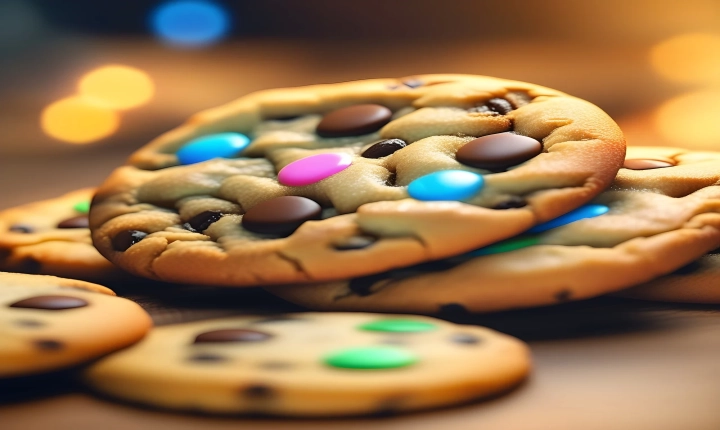Title: Can AI Replace Singers? The Future of Music and Technology
In recent years, the rapid development of artificial intelligence (AI) technology has raised the question: can AI replace singers? With the ability to mimic human voice and produce songs that are indistinguishable from those sung by real artists, AI has made significant strides in the music industry. However, the question of whether AI can truly replace human singers is a complex and multifaceted topic that touches on artistic expression, human emotion, and the future of music.
The emergence of AI-generated music, including vocal synthesis and composition, has blurred the lines between human creativity and machine-generated content. Companies like OpenAI and Sony Music’s Flow Machines have created AI systems capable of producing original compositions, complete with vocal tracks that mimic human voices. These AI-generated songs have garnered attention and even commercial success, sparking a conversation about the potential for AI to replace human singers.
Proponents of AI in music argue that the technology offers unprecedented creative possibilities, allowing artists and producers to access a vast library of vocal samples and musical styles. AI-generated music also has the potential to revolutionize the music industry by democratizing the creation process, enabling aspiring musicians to produce professional-level tracks without the need for extensive musical training or expensive recording equipment.
Moreover, AI can offer solutions to practical challenges in the music industry, such as time constraints, budget limitations, and the need for diverse vocal talents. AI-generated vocals can be customized to fit specific styles and genres, which could streamline the production process and provide an efficient solution for artists and producers.
However, detractors argue that AI-generated music lacks the human touch and emotional depth that is integral to the art of singing. While AI can mimic human voice with remarkable accuracy, it may struggle to convey the raw emotion and authenticity that audiences seek in live performances and recorded music. The nuances of human expression, the ability to infuse lyrics with personal experiences, and the unique timbre of individual voices set human singers apart from AI-generated counterparts.
Additionally, the potential ethical and economic implications of AI replacing human singers cannot be ignored. The prospect of AI displacing human musicians and vocalists raises concerns about job displacement and the devaluation of artistic labor. If AI were to become the primary source of vocal performances, it could have far-reaching effects on the livelihoods of professional singers and the cultural significance of live music.
The debate over whether AI can replace singers is an ongoing conversation that reflects the complexities at the intersection of technology, creativity, and human artistry. While AI has the potential to revolutionize the music industry and offer innovative solutions to artistic challenges, the role of human expression, emotion, and authenticity in music should not be overlooked.
Ultimately, AI may complement and enhance the creative process for singers and musicians, rather than outright replacing them. Collaboration between human artists and AI technology can yield groundbreaking results, pushing the boundaries of musical expression and creativity. As technology continues to advance, the future of music will undoubtedly be shaped by the evolving relationship between AI and human singers. The key lies in striking a balance between technological innovation and the preservation of human artistry, ensuring that both AI-generated and human-performed music can coexist harmoniously in the ever-changing landscape of the music industry.
